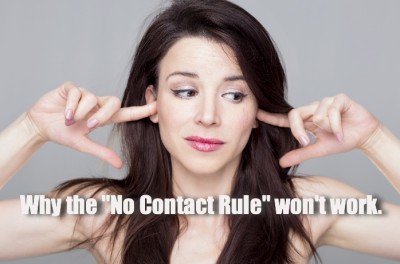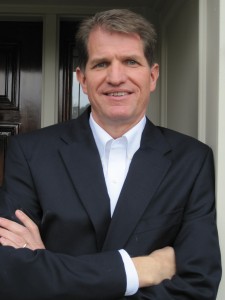Why The “No Contact Rule” Is Crap
https://savethemarriage.com/stmblog/wp-content/themes/corpus/images/empty/thumbnail.jpg 150 150 Lee H. Baucom, Ph.D. Lee H. Baucom, Ph.D. https://secure.gravatar.com/avatar/669b7e375d93f77521ddaba08adb8063?s=96&d=blank&r=pg Let me start by being clear, the “no contact rule” has nothing to do with the legal “no contact order.”
Let me start by being clear, the “no contact rule” has nothing to do with the legal “no contact order.”
If you are not familiar with the “no contact rule,” it is a technique that is floating around the internet. Before I tell you what it is, please promise you won’t use it. Okay?
Here is the rule: if your partner leaves, have zero contact with them for 30 days. During that time, so the theory goes, the person will become curious, even obsessed with you. The person will literally be driven crazy and come begging back to you.
Except it doesn’t work. Or more precisely, it rarely works. Sometimes, the person comes back — but I have a feeling it had nothing to do with the “no contact rule.” In fact, I checked a couple of times, and my suspicions were correct.
Why does this rule, then, keep getting passed around? Well, we all want a little trick, a little technique, that will solve a problem. But rarely do tricks really work. And it does give a little relief, because you stop focusing on the other person (but you can do that without the “no contact rule.”)
And yes, there are some therapists who suggest this rule. Most have read the same articles floating around — or more likely, they are individual therapists who are helping you move on.
I have been asked, “But doesn’t ‘absence make the heart grow fonder?'”
Nope.
Absence only makes a fond heart grow fonder. It does not have the same effect on the hurt, angry, or distant heart.
All the “no contact rule” does is prove the point to the other person — you don’t care enough to even try, and the decision was correct.
As one person told me, “I started the ‘no contact rule’ when he left. It was supposed to be 30 days. I am now 6 months in, and he has not contacted me. He sent me one text when I reached out after a month, ‘Why now???’ That was it. He has moved on.”
Don’t get sucked into the “no contact rule.” It is crap.
Listen to this week’s podcast for more reasons why people suggest it and why it is so dangerous.
NOTE: If you are ready to try a “no tricks” way to restore your relationship, GRAB my Save The Marriage System HERE.
Podcast: Play in new window | Download
Subscribe: RSS


